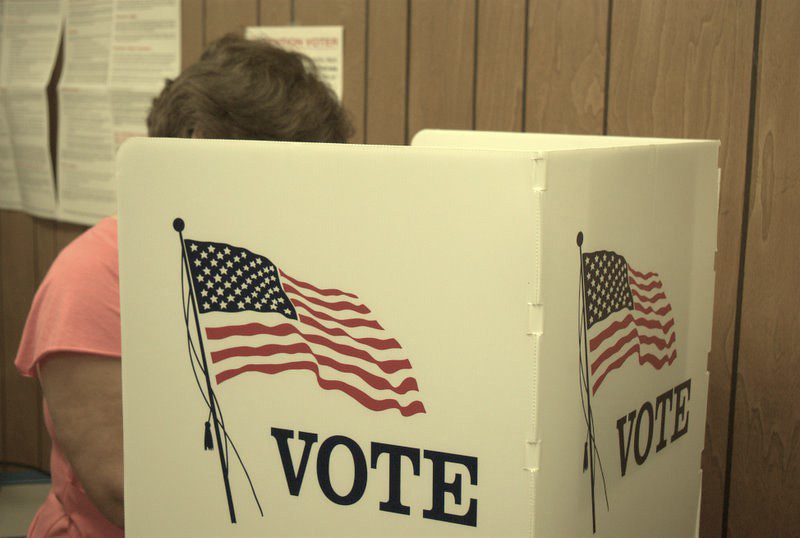

It takes a special kind of person to run for office. Running for office requires an interest in and understanding of local government, time to fill the position and the will to deal with the hassle of the campaign process. It's definitely not for everyone. That's why it's not unusual to see local races where candidates run unopposed.
What is unusual is when there aren't even enough candidates fill the needed positions. This is what's happening on the June 14th Primary Election in some counties around the state.
In Stutsman County, there are three open seats for county commission but only two candidates have filed for the position.
In Ward County, there are no candidates on the ballot for mayor in the towns of Carpo, Sawyer, and Berthold.
In Williams County, the candidates for all three commission seats, state's attorney, sheriff, auditor, and treasurer are all running unopposed.
In nearby Grenora, there are five positions for city council and only one person has filed for park board. No one has filed for Mayor or the two openings for 2-year terms for park board.
In Tioga, no one has filed for mayor or the two openings on park board. There is also a position for an unexpired 2-year term for municipal judge that no one has filed for.
In the town of Ray, there are two openings for park board and only one person has filed.
The lack of candidates has spilled over to the legislative races as well. Districts 1 and 23 are both entirely within Williams County and there are no candidates representing the Democratic party for any of the legislative races in those two districts.
This list of unfilled races is by no means exhaustive, but it illustrates how widespread the problem is this year.
We've all heard stories of the cat that won the mayoral race because no one else would run. Usually these are in small towns (In 2018 a cat named Sweet Tart was elected Mayor of Omena, MI, population 267. Duke, the dog, won the same office in Cormorant, MN, population 1,039) where the need for strong government is not vital.
Amusing news stories aside, there are serious legal and governance issues that voters should be aware of when there is no one on the ballot.
The first consideration is voter options. Every ballot has a space for write-in votes. A voter is always free to write in the name of anyone he wants regardless of how many candidates are on the ballot. But in order for the votes to be registered with the official election reports, the write-in candidate must get at least 10% of the number of votes that the candidate with the highest number of votes received.
If there are no candidates on the ballot for an office, then the write-in candidate that receives the most number of votes will win. However, the recipient of these write-in votes must also be willing to take office. If that person does not want the office, it doesn't matter how many write-ins they received.
Some write-in votes may be lost because people misspell the name. Voters who write in a nickname or don't use the correct legal name may also see their vote invalidated.
When the race is determined by write-in votes, it is quite likely that several different people will get write-in votes. In these cases there may be no clear consensus, (for example, 12 people who each get 8-10 write-in votes). The winner that emerges from such a broad slate may win with just a handful of write-in votes.
But what happens if no one receives any write-in votes for these vacant offices? Then the office goes through an appointment process. For some positions, such as municipal judge, the city council may appoint someone to fill the position. For other positions, such as the park board or county commission, the park board or commissioners will vote to appoint someone to fill that position until the term expires. Similarly, the city council will convene and vote to fill an unfilled mayoral or city council position.
While some believe that a broad slate of candidates fosters more public debate and voter input, a slim ballot doesn't necessarily mean the system is failing.
Williams County Auditor Beth Innis first came to office in 1994 and has overseen dozens of elections during her tenure. She is running unopposed this year and says, “We'd like to think that this is because everyone likes the job we're doing and sees no need for change.”